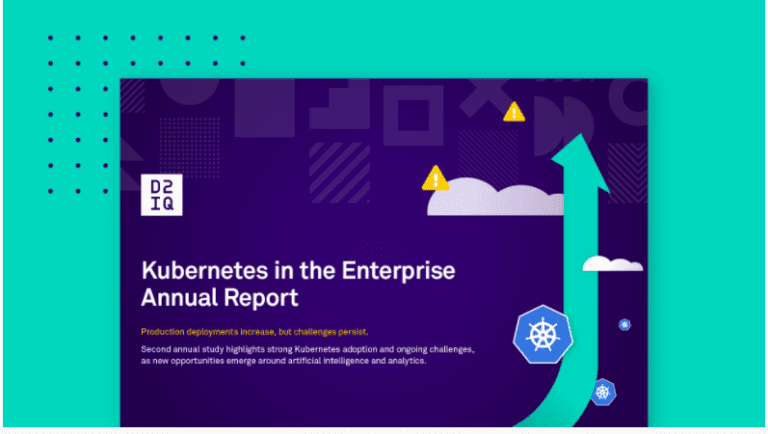Researchers from Vanson Bourne conclude that container orchestration platform Kubernetes has become standard in enterprise IT environments, and is as challenging as it is commonplace.
The study shows that about three-quarters of the companies surveyed now use Kubernetes as a standard in their application environments. Over half use Kubernetes in their production environments.
Developers are particularly enamoured with the short deployment times achievable with Kubernetes. On average, the organizations took four and a half months to get Kubernetes deployments to production. On a personal level, respondents find the platform very interesting to work with. Slightly less than half indicated that the platform enables satisfying work.
Meanwhile, a quarter finds that Kubernetes comes with headaches and excessive energy investments. In contrast, more than a third of respondents indicate that Kubernetes contributes to the company’s long-term success. Nevertheless, less than half of the respondents indicate that they do not always succeed in deploying containers properly through the platform.
AI and ML workloads
The survey further reveals that Kubernetes is primarily used for deploying AI and machine learning workloads. The platform is also frequently used for deploying data analytics solutions. Other popular workloads for Kubernetes include Windows containers and distributed data services.
In the near future, researchers expect AI and ML solutions to continue to drive the use of Kubernetes. Instead of a small number of clusters hosting different applications, IT administrators will soon be working with large numbers of Kubernetes clusters.
Simplification
As is true for anything of significance, Kubernetes creates challenges. For example, finding well-qualified personnel and simplifying the use of Kubernetes. Easier methods for deploying and managing pods and clusters are in demand.
The addition of abstraction layers seems vital as well. Abstraction layers should make Kubernetes clusters more accessible to the average IT administrator, corresponding to the demand for simplification and well-qualified personnel.
